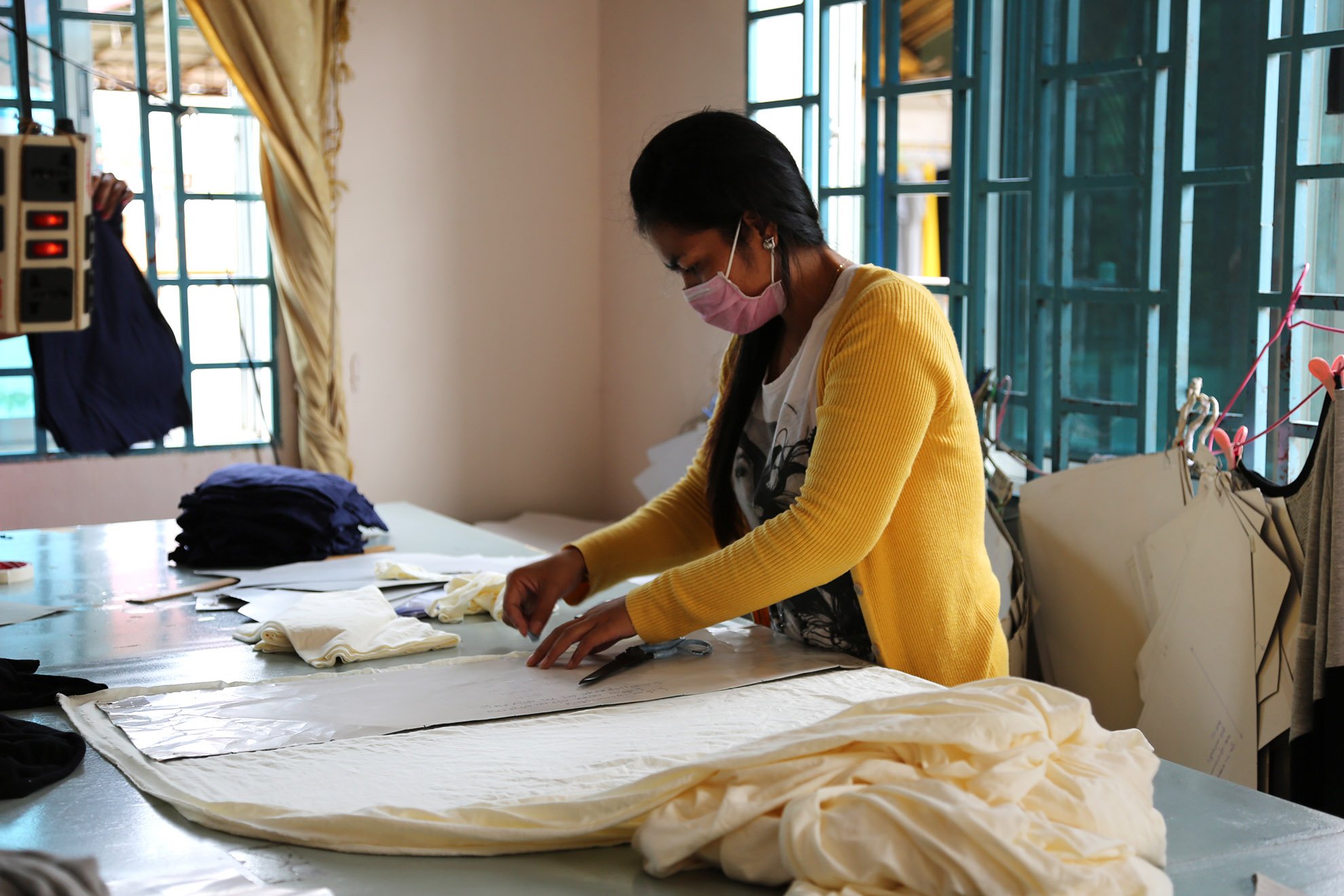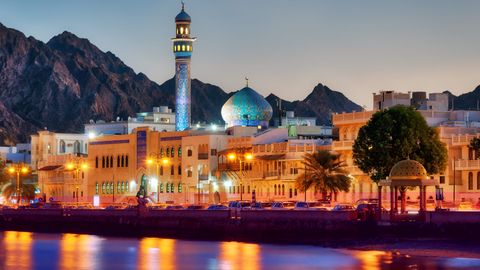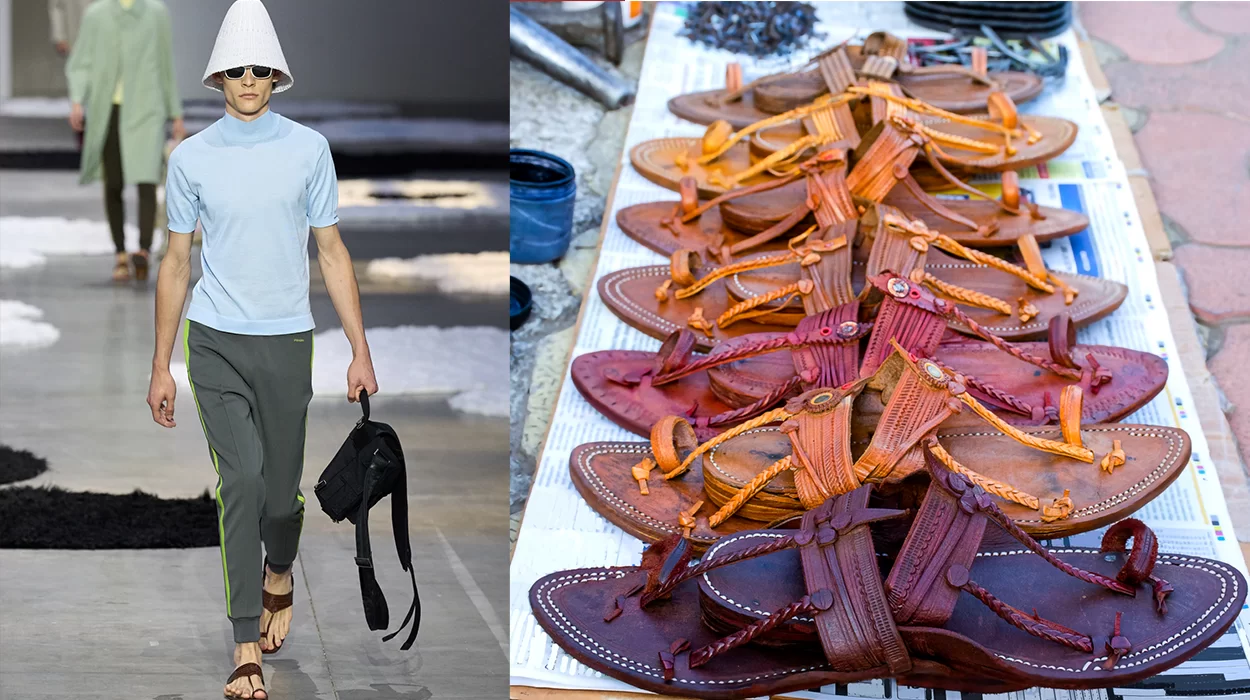
Ethical and sustainable fashion campaigns champion transparency, fair labor, and environmentally conscious production. Brands embrace organic materials like hemp, khadi, and recycled fabrics, support artisan communities, and minimize waste through circular models—upcycling, rentals, and resale. Such efforts often emphasize craftsmanship and longevity, contrasting sharply with fast fashion’s “disposable” model—where three in five items end up as waste within years.
However, this movement is not without contradictions. True sustainability clashes with fashion’s inherent drive for novelty, making the term almost oxymoronic . Major brands may tout recycled fabrics or indie craft partnerships, yet pressure to scale often leads to greenwashing or reliance on polluting materials like polyester. Even organic cotton, grown at a high water cost, challenges sustainability ideals in water-scarce regions.
For genuine impact, experts urge a holistic approach: combining ethical labor practices, supply-chain transparency, low-carbon production, and circular design that extends garment life. Brands must go beyond token initiatives—investing in local communities, upskilling workers, and embracing slow fashion both aesthetically and commercially.
Ultimately, true ethical fashion demands systemic change: balancing creativity, sustainability, and commerce without sacrificing integrity.
Tags:
Post a comment
Myntra accused of FDI fraud worth ₹1,654 Crore!
- 23 Jul, 2025
- 2
Not just a game! Pickleball is the hottest fashion trend...
- 04 Jul, 2025
- 2
After Kolhapuris, Prada's latest heels spark unexpected Indian connection!
- 26 Jul, 2025
- 2
Bengaluru’s 30-minute fashion startup Blip shuts down, here's why
- 14 Jul, 2025
- 2
Prada's ₹1.2 lakh kolhapuris: Cultural theft or designer flex?
- 01 Jul, 2025
- 2
Categories
Recent News
Daily Newsletter
Get all the top stories from Blogs to keep track.

















